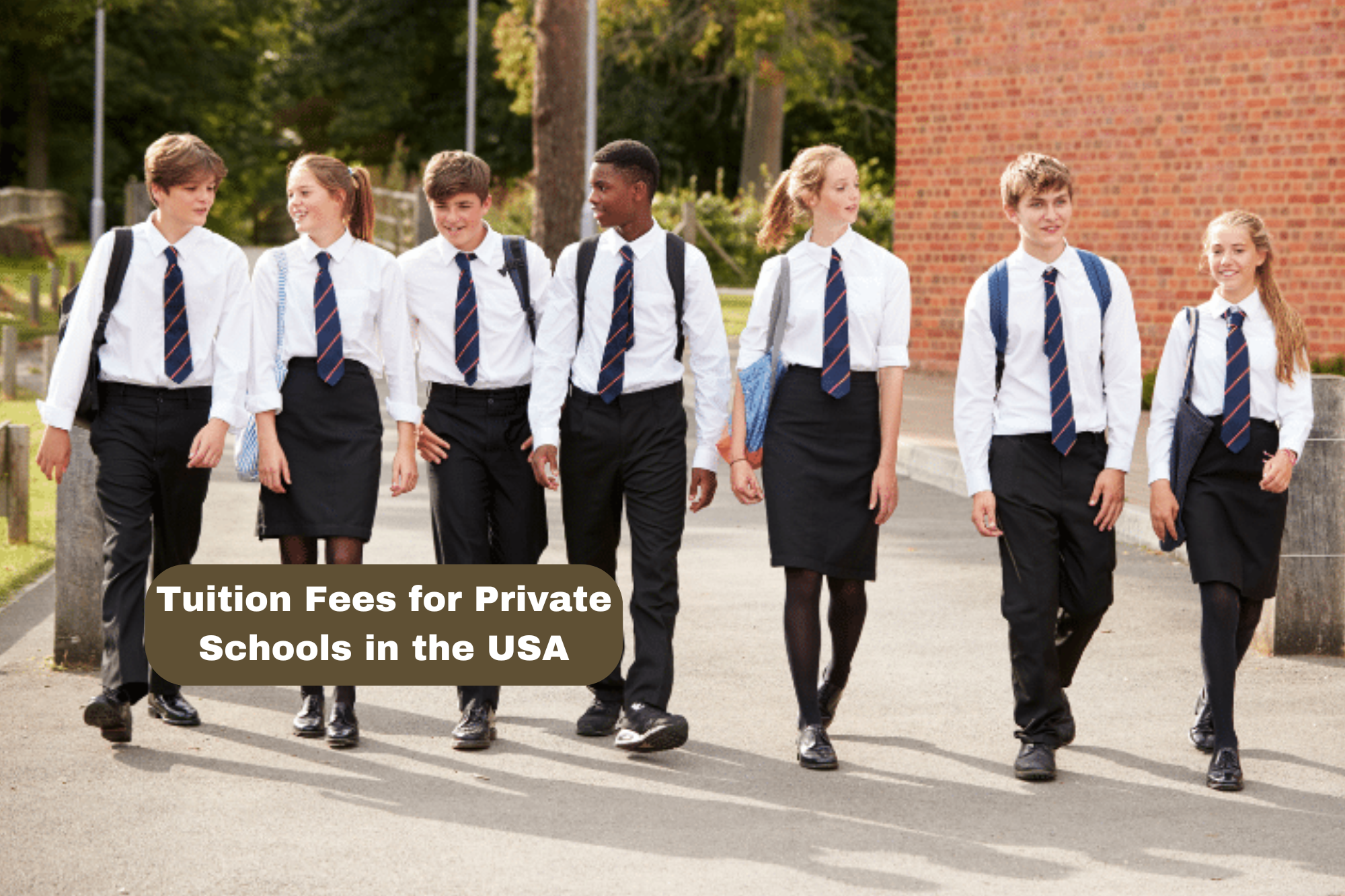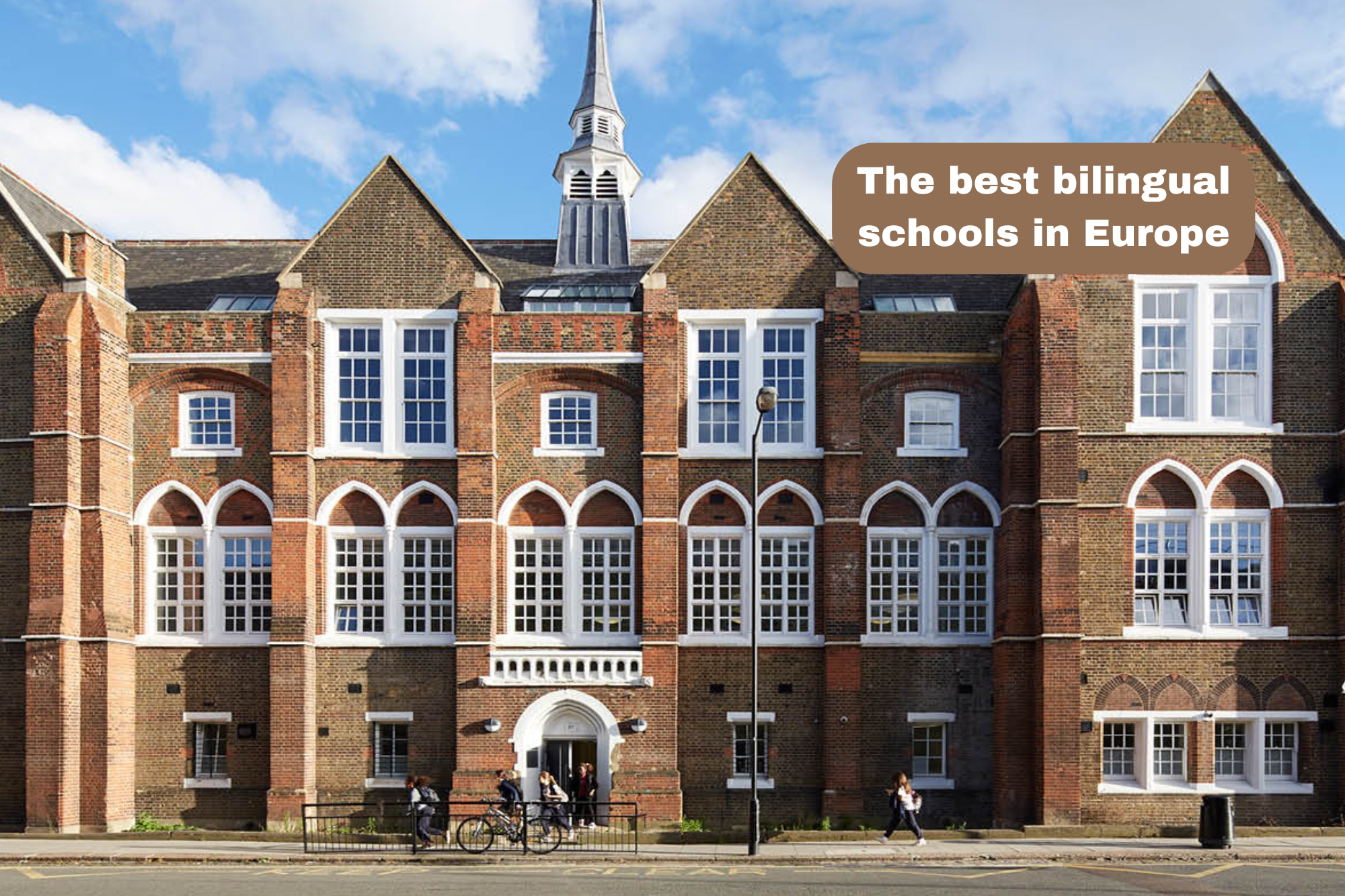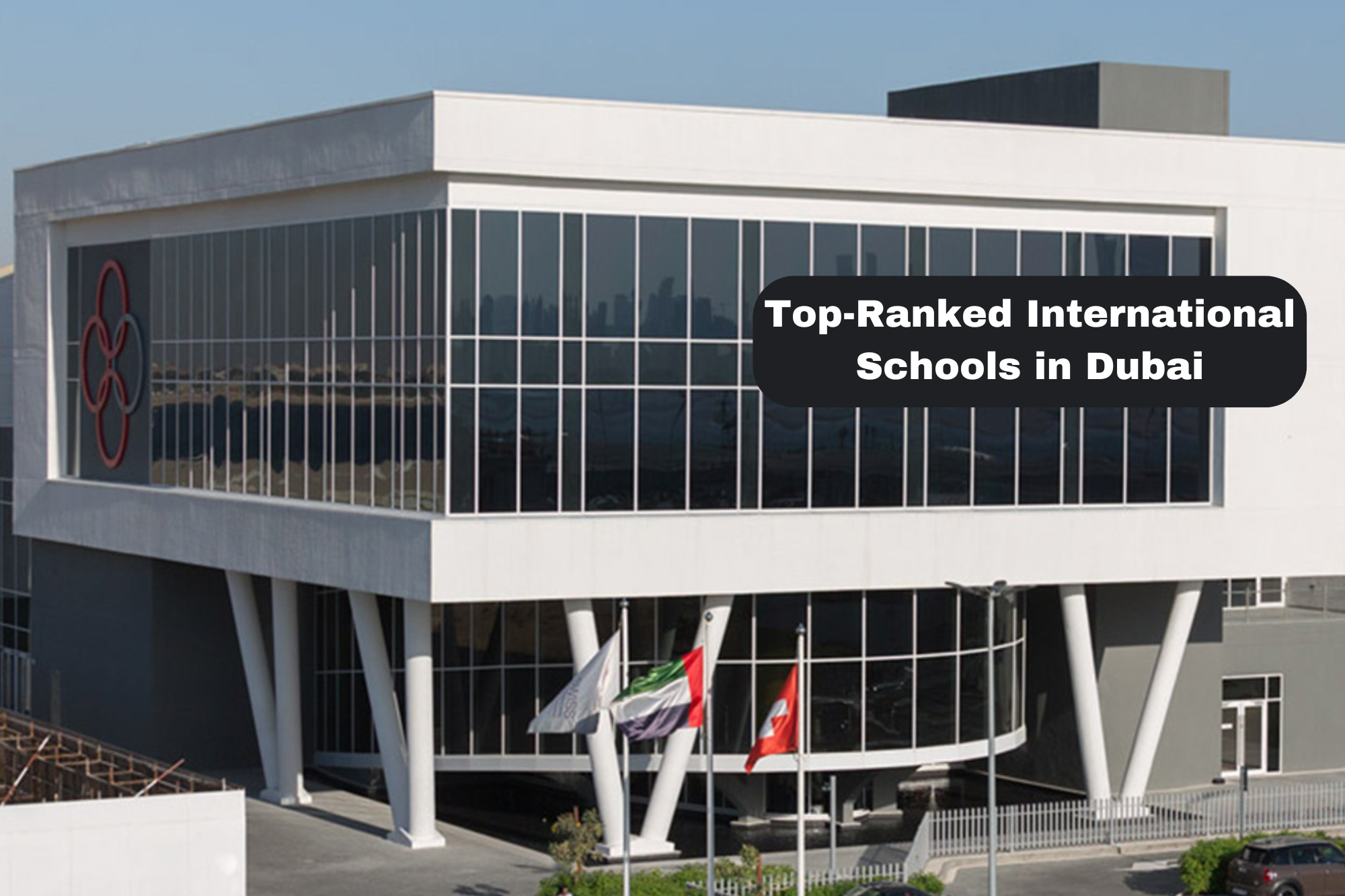Share this Post
Private schools in the United States offer high-quality education, smaller class sizes, and specialized curriculums that often cater to gifted students, religious affiliations, or unique learning approaches.
However, tuition fees for private schools can vary significantly based on factors such as location, reputation, and facilities.
In this article, we will explore the cost of private school tuition in the USA, the factors influencing fees, and available financial aid options.
1. Average Tuition Fees for Private Schools in the USA
Private school tuition fees in the USA can range from $5,000 to over $60,000 per year, depending on the type of school and its location. Below is a general breakdown:
| School Type | Average Annual Tuition |
| Private Elementary Schools | $12,500 – $25,000 |
| Private Middle Schools | $15,000 – $30,000 |
| Private High Schools | $20,000 – $50,000 |
| Elite/Boarding Schools | $50,000 – $75,000 |
Some of the most prestigious private schools, especially those in urban areas like New York, Los Angeles, and Boston, may charge over $60,000 per year.
2. Factors That Influence Private School Tuition
a) Location
- Urban Areas: Private schools in major cities such as New York, San Francisco, and Washington, D.C. tend to have higher tuition fees due to the high cost of living and demand.
- Rural Areas: Schools in smaller towns and suburban regions generally have lower tuition costs.
b) Type of School
- Day Schools vs. Boarding Schools:
- Day schools typically charge $10,000 to $40,000 per year.
- Boarding schools cost significantly more, often $50,000 to $75,000 per year, as they include housing, meals, and extracurricular activities.
- Religious vs. Non-Religious Schools:
- Religious-affiliated schools, such as Catholic, Christian, or Jewish schools, often have lower tuition fees, typically ranging from $5,000 to $15,000 per year.
- Non-religious independent schools charge higher tuition due to enhanced programs and facilities.
c) School Reputation and Accreditation
- Schools with a longstanding reputation, Ivy League connections, or prestigious alumni networks usually have higher tuition fees.
- Accredited schools that offer specialized programs like International Baccalaureate (IB), Advanced Placement (AP), or Montessori education may also charge more.
d) Extracurricular Activities and Facilities
- Schools that offer extensive extracurricular activities such as sports, music, and arts tend to have higher tuition.
- State-of-the-art facilities, such as modern laboratories, libraries, and athletic centers, also contribute to higher costs.
3. Tuition Fees for Some of the Most Expensive Private Schools in the USA
Here are some of the top private schools with the highest tuition fees:
| School Name | Location | Annual Tuition (Approx.) |
| Phillips Exeter Academy | New Hampshire | $61,121 |
| The Lawrenceville School | New Jersey | $63,060 |
| Choate Rosemary Hall | Connecticut | $64,960 |
| Harvard-Westlake School | California | $47,200 |
| The Dalton School | New York | $57,970 |
| Sidwell Friends School | Washington, D.C. | $50,445 |
| Trinity School | New York | $60,000 |
These elite schools offer world-class education, excellent college placement rates, and top-tier facilities, but they come at a premium price.
4. Financial Aid and Scholarships for Private School Tuition
Many private schools offer financial aid, scholarships, and grants to make education more accessible. Here are some common ways to reduce tuition costs:
a) Need-Based Financial Aid
- Schools assess a family’s income, assets, and financial situation to determine eligibility.
- Families must submit applications through platforms like FACTS or School and Student Services (SSS).
b) Merit-Based Scholarships
- Awarded to students with exceptional academic performance, athletic ability, or artistic talent.
- Some schools offer scholarships for STEM, music, or leadership achievements.
c) State-Sponsored Programs and Vouchers
- Some states offer voucher programs or tax-credit scholarships to help cover tuition for private schools.
- Examples include Florida’s Step Up for Students program and Ohio’s EdChoice Scholarship Program.
d) Tuition Payment Plans
- Many schools provide monthly installment plans to help families spread tuition costs over the year.
5. Are Private Schools Worth the Cost?
Parents often debate whether private schools are worth the investment. Here are some key considerations:
Advantages of Private Schools:
✅ Smaller Class Sizes – More personalized attention and better student-teacher interaction.
✅ Advanced Academic Programs – Access to IB, AP, and honors programs that prepare students for top universities.
✅ Better College Preparation – Many private schools have strong college counseling services.
✅ Extracurricular Opportunities – Emphasis on arts, sports, leadership, and community service.
Potential Drawbacks:
❌ High Cost – Not all families can afford tuition, even with financial aid.
❌ Limited Diversity – Some private schools may lack socioeconomic or cultural diversity.
❌ Intense Academic Pressure – Highly competitive environments may not suit all students.
Ultimately, the value of private schools depends on individual student needs and family financial capacity.
Conclusion
Tuition fees for private schools in the USA vary widely, ranging from $5,000 to over $60,000 per year, depending on the school type, location, and offerings.
While private schools provide top-tier education, small class sizes, and strong college preparation, they also come with a high cost.
Fortunately, many institutions offer financial aid and scholarships to help families afford tuition.
Before enrolling, parents should carefully evaluate the school’s academic programs, extracurricular opportunities, and financial aid options to ensure the best investment for their child’s future.





